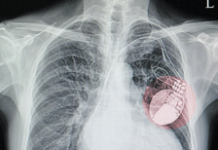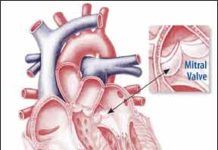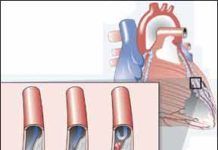If youre at high risk of a heart attack, you might feel better having a home version of the automatic external defibrillator (AED) used by hospitals and paramedics. The American Heart Association says they can be a good investment, especially if you live in an area where swift emergency response is unlikely. However, theyre also expensive-and they may not work in every case, cautions Bruce Wilkoff, MD, director of Cardiac Pacing and Tachyarrhythmia Devices at Cleveland Clinic. "An AED works for a specific issue-sudden cardiac arrest by ventricular tachycardia or fibrillation-which can be confused with other devastating events, such as a heart attack, stroke or aneurysm," he explains.
To continue reading this article or issue you must be a paid subscriber.
Sign in





